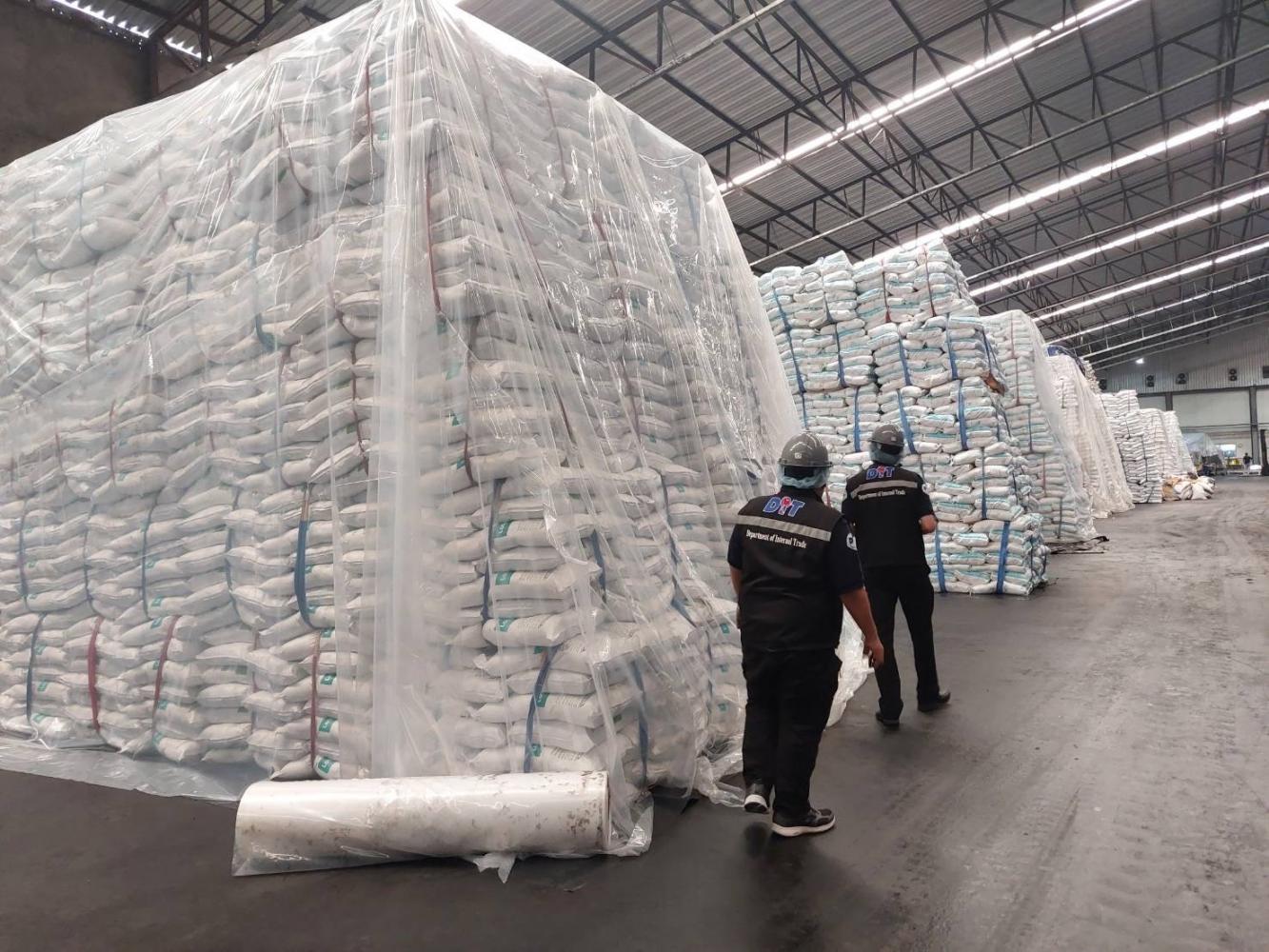
The Commerce Ministry has confirmed the market for refined sugar returned to normal with a sufficient supply of products.
Wattanasak Sur-iam, director-general of the Internal Trade Department, said supply may have been tight for the first two days after the cabinet approved raising the domestic sugar price by two baht per kilogramme on Tuesday, as consumers buy larger quantities.
Thailand produces around 8 million tonnes of refined sugar annually, with domestic consumption constituting 2.5 million tonnes. The remaining quantity is exported.
Mr Wattanasak said the ministry called on the Office of the Cane and Sugar Board to coordinate with refiners to rev up delivery of refined sugar. The ministry received confirmation that deliveries are proceeding as usual, he said.
A war room was established to monitor the domestic sugar market.
If any stores or areas encounter a shortage of refined sugar, they are encouraged to contact the Internal Trade Department, which pledges to coordinate with the Cane and Sugar Board to contact sugar factories to plan immediate deliveries, said Mr Wattanasak.
"If factories, department stores or shops are found to be hoarding refined sugar following inspection, legal action will be taken immediately. Any violations under the Price of Goods and Services Act, Section 30, which deals with penalties for hoarding, carry a maximum penalty of five years imprisonment or a fine not exceeding 140,000 baht, or both imprisonment and a fine," he said.
"If there is profiteering and overpricing, offenders are violating Section 29, subject to a maximum penalty of seven years imprisonment or a fine of 140,000 baht, or both imprisonment and a fine."
According to Mr Wattanasak, following the increase in refined sugar prices, no business owner has submitted a request to adjust prices for products that uses refined sugar as an ingredient, comprising both food and beverage products.
He said the department believes entrepreneurs are attempting to cap their product prices out of concern that higher prices would affect consumer purchasing power.
The government and the Commerce Ministry want to keep prices stable during this period to ease the cost of living, said Mr Wattanasak.